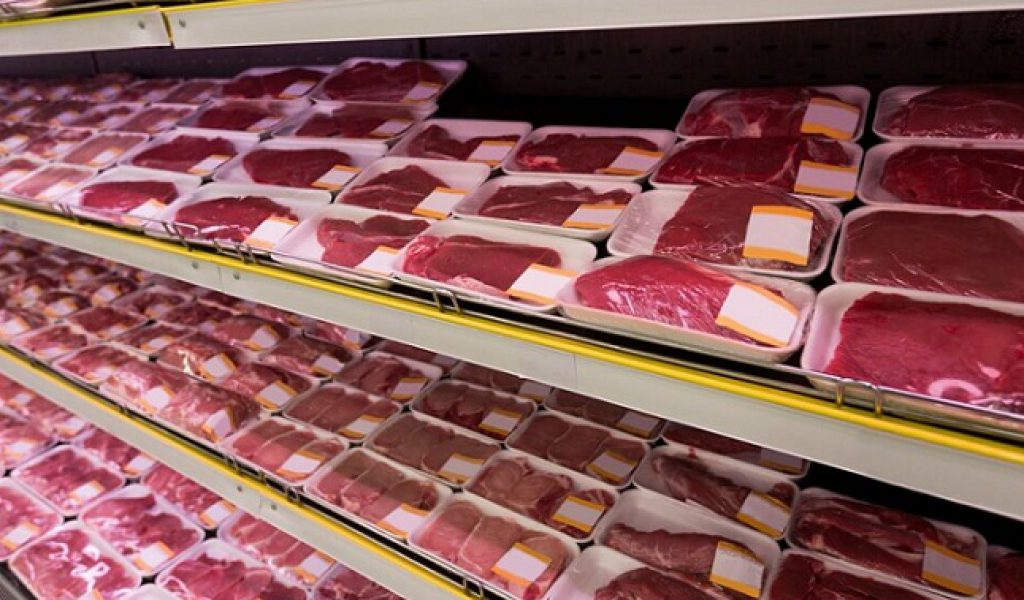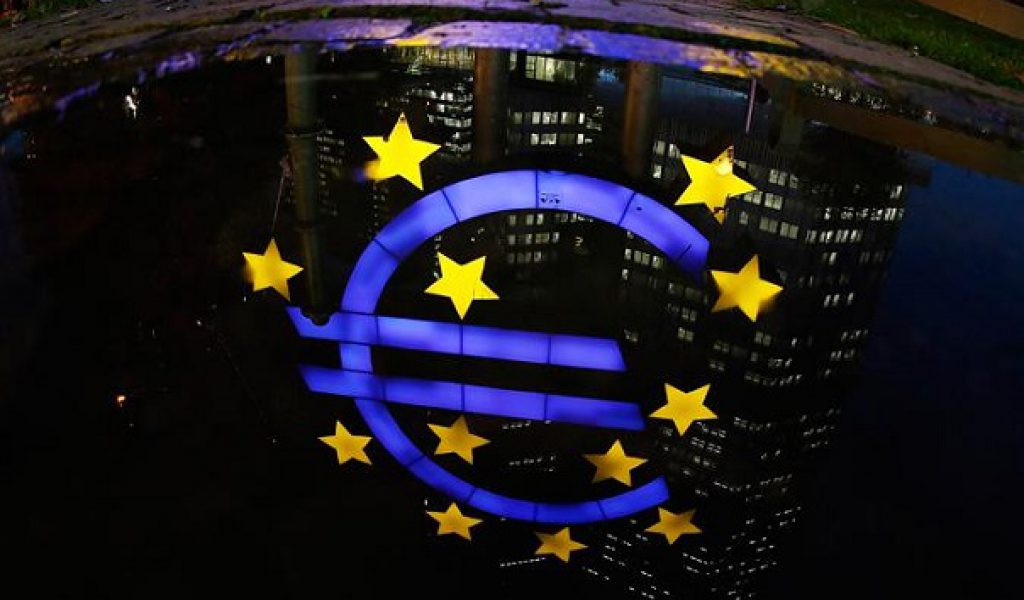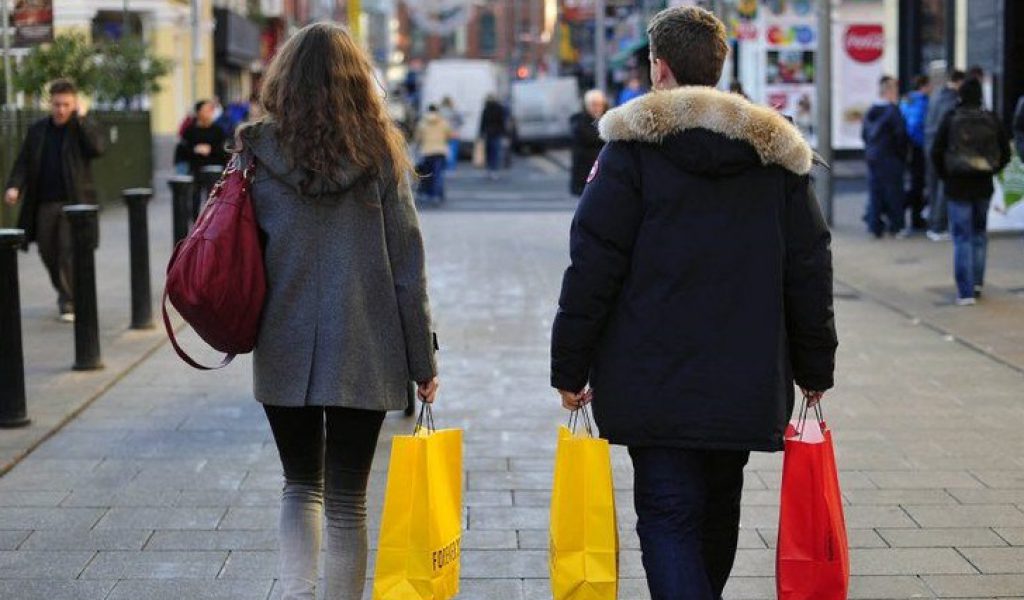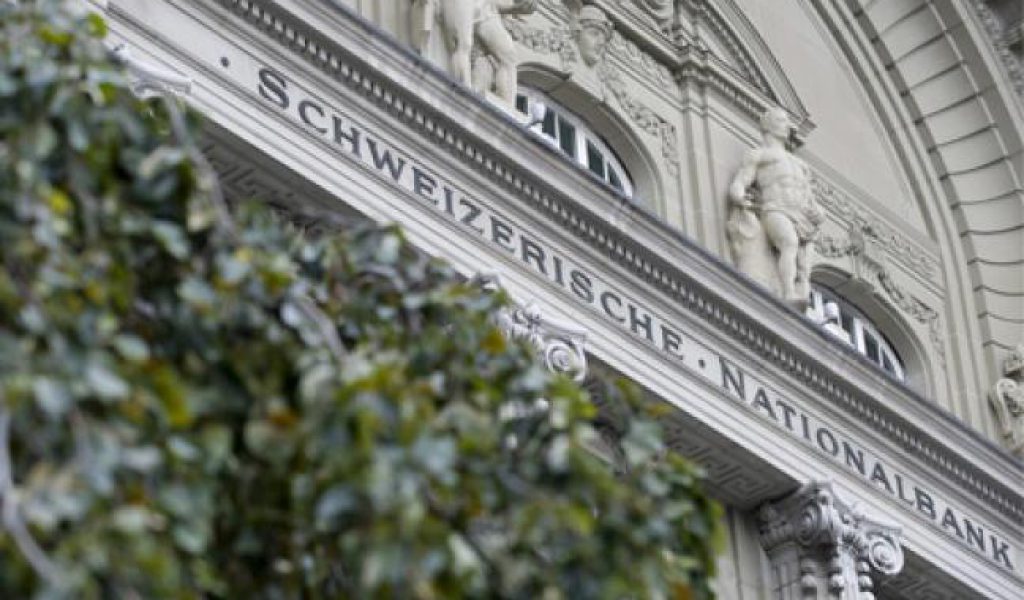Swiss meat the most expensive, more than the average worldwide
Online catering marketplace, Caterwings, have conducted a study regarding the global price of basic food items, as preliminary research ahead of their expansion into foreign markets. The research highlighted in particular that the cost of meat around the world is remarkably varied. To share these insights, Caterwings have released the 2017 Meat Price Index, which details the cost of meat in over 50 countries worldwide. The study revealed that Switzerland has the highest meat prices, at 141.9% more expensive than the average cost worldwide, followed by Norway (63.7% more expensive) and Hong Kong (61% more expensive), while Ukraine has the least expensive meat prices, at 52.3% less expensive than the average cost, closely followed by Malaysia (50.3% less expensive).









